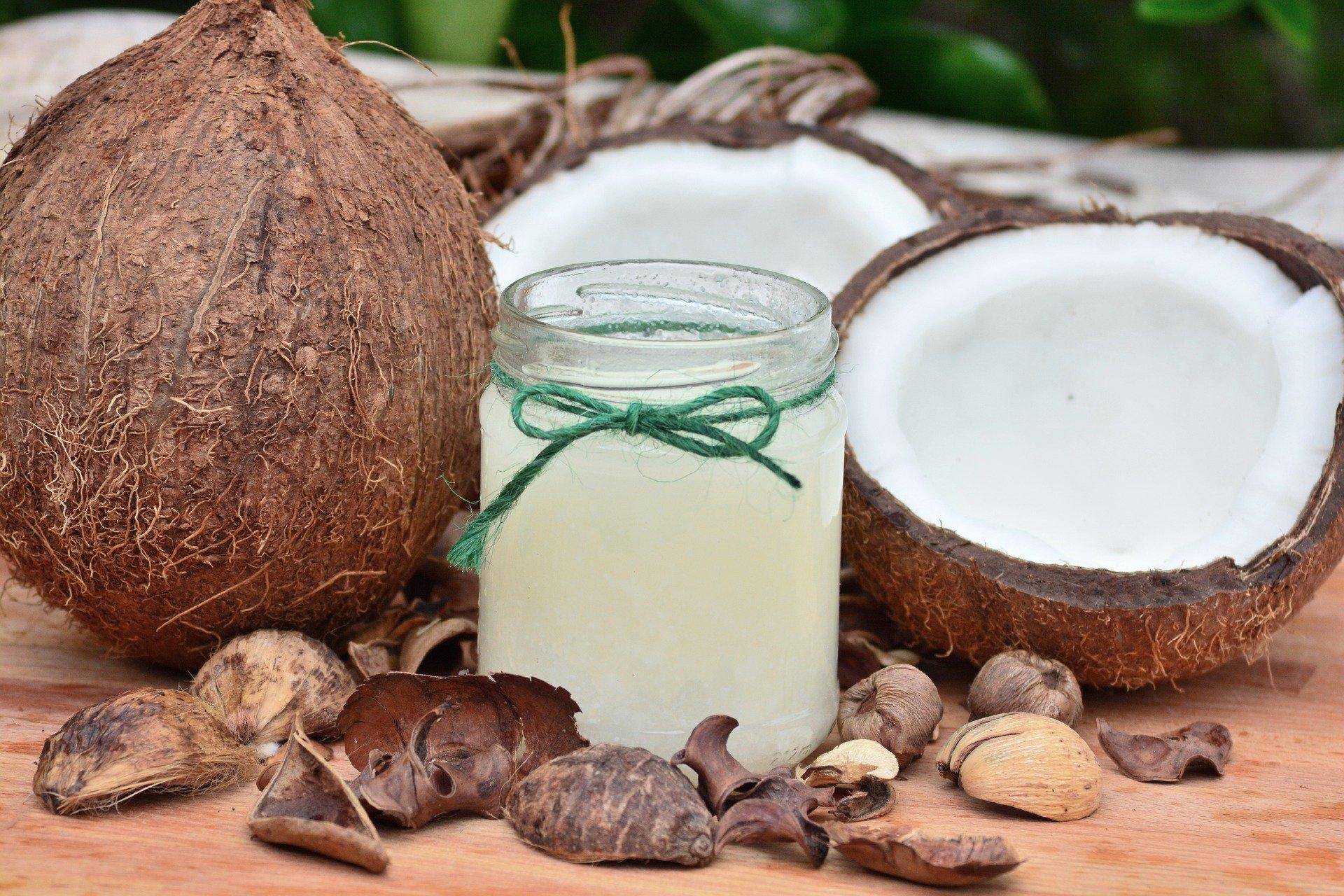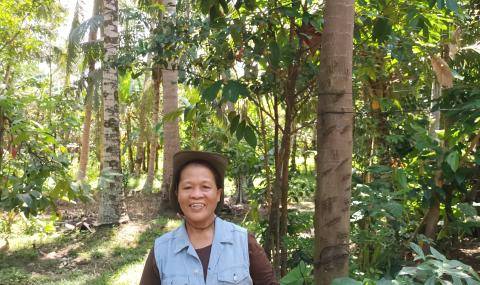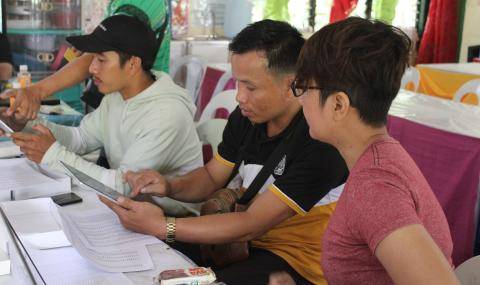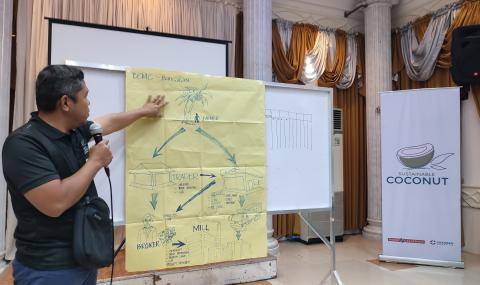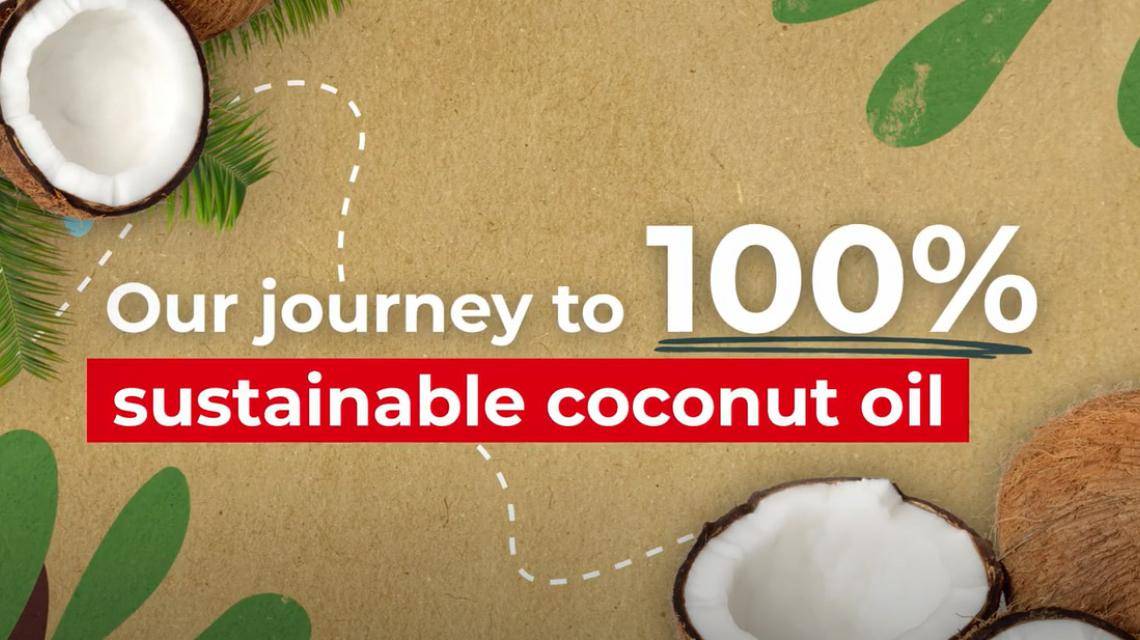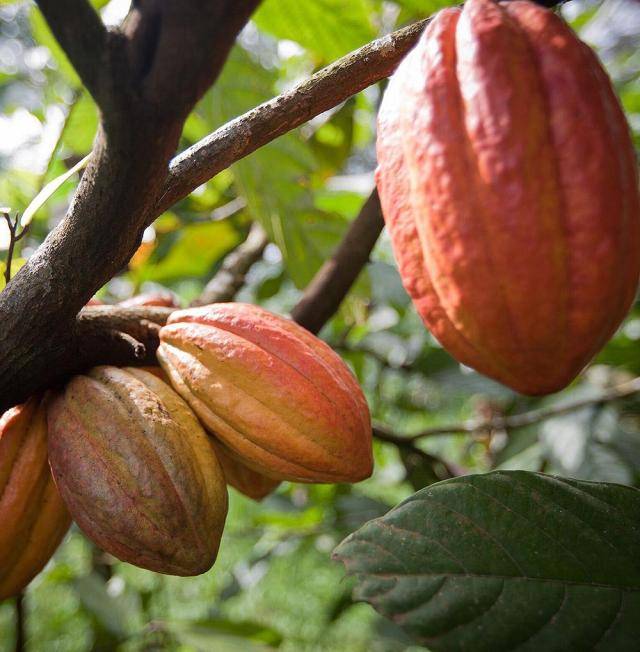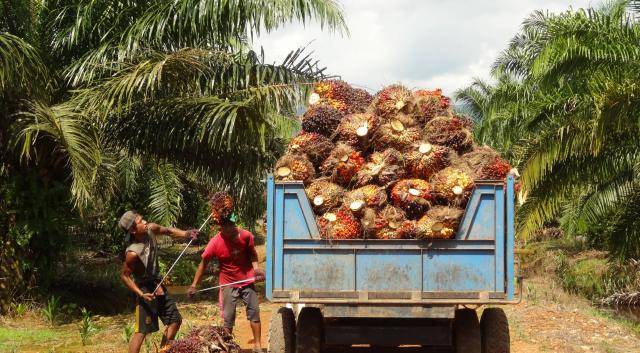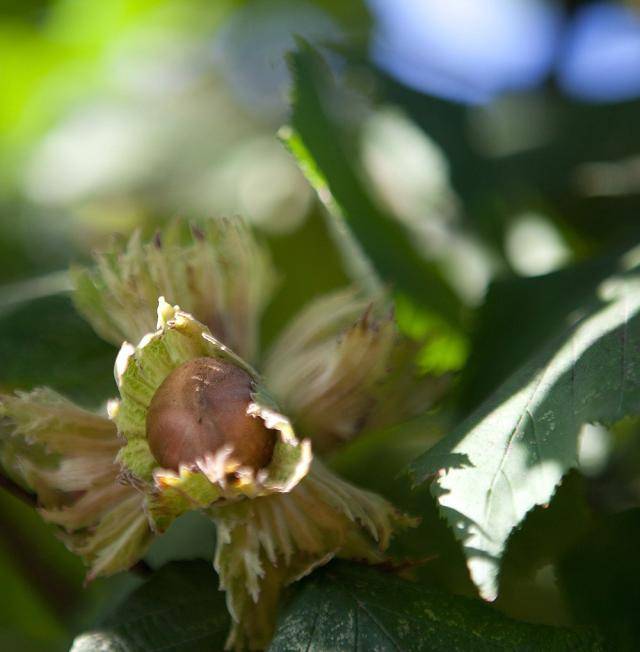Coconut oil, produced from copra, is an important ingredient for Barry Callebaut’s customers, used in many ice cream applications, confectionery fillings and compound chocolates. Sourced primarily from regions throughout the Philippines and Indonesia, the industry faces a number of challenges.
Challenges
Current trends show that production is unable to keep up with the rising global demand for coconut products used in food and personal care products.
Coconut growers are often smallholder farmers with less than four hectares of land and who face many challenges that impact their productivity and livelihoods. For example:
- Limited access to finance prevents farmers from replacing aging trees and investing in agricultural inputs such as fertilizers and safety equipment
- Low adoption of good agricultural practices
- Extreme weather events and lack of access to technology
- Limited market knowledge
These challenges are compounded by fragmented supply chains, making traceability and farmer engagement more complex.
Our Approach to Sustainable Coconut Oil
At Barry Callebaut we committed to having 100% sustainable coconut oil as part of our Forever Chocolate strategy. This means sourcing coconut oil that is traceable, supports smallholder farmer’s income and protects the environment and climate. To meet our goals, we are prioritizing:
- Industry Collaboration: In 2019, Barry Callebaut partnered with USAID Green Invest Asia to create The Sustainable Coconut & Coconut Oil Roundtable, an industry movement and platform for sustainable coconut production. In 2023, this initiative was formalized into “The Sustainable Coconut Partnership'', where Barry Callebaut became a founding member and currently sits on its Steering Committee.
- Supplier Engagement: Annually, we engage with our supplier to collect traceability data. We are also working with Proforest to gradually roll out our Sustainable Coconut Scorecard to key suppliers. This exercise helps us to assess and evaluate the sustainability performance of our suppliers, to identify the risk areas for monitoring and engage in meaningful dialogue to address gaps and identify possible interventions in our supply base.
- Origin-based projects: We are committed to engaging in on-the-ground initiatives with industry, civil society, and others that support the transition to responsible production. These include both landscape projects and issues-based programs that tackle specific challenges.
- In partnership with Grameen Foundation, Barry Callebaut launched a five-year program in the Davao region of the Philippines in 2022. The aim is to improve 25,000 smallholder farmers’ copra production and incomes and connect them to markets while ensuring positive social and environmental impacts. The project specifically works on digital traceability to farm level, income diversification through cocoa and overall capacity building on Cooperative level
- In 2021, Barry Callebaut and six other global companies – Cargill, Jacobs Douwe Egberts, Nestlé, Procter & Gamble, Royal FrieslandCampina and Unilever – embarked on a four-year public-private partnership with Deutsche Gesellschaft für Internationale Zusammenarbeit (GIZ) GmbH and develoPPP. The project aims to increase the productivity of coconut cultivation in two key production areas in the Philippines - General Santos and Southern Leyte - by approximately 20%, and generate higher incomes for 10,000 smallholder coconut farmers through yield increases and better management of farms. The project uses a landscape-based approach for sustainability assessment, called LandScale.
Image gallery
Contact your Barry Callebaut sales representative to enable the sustainable sourcing of chocolate ingredients, including coconut oil, in your end-product.
